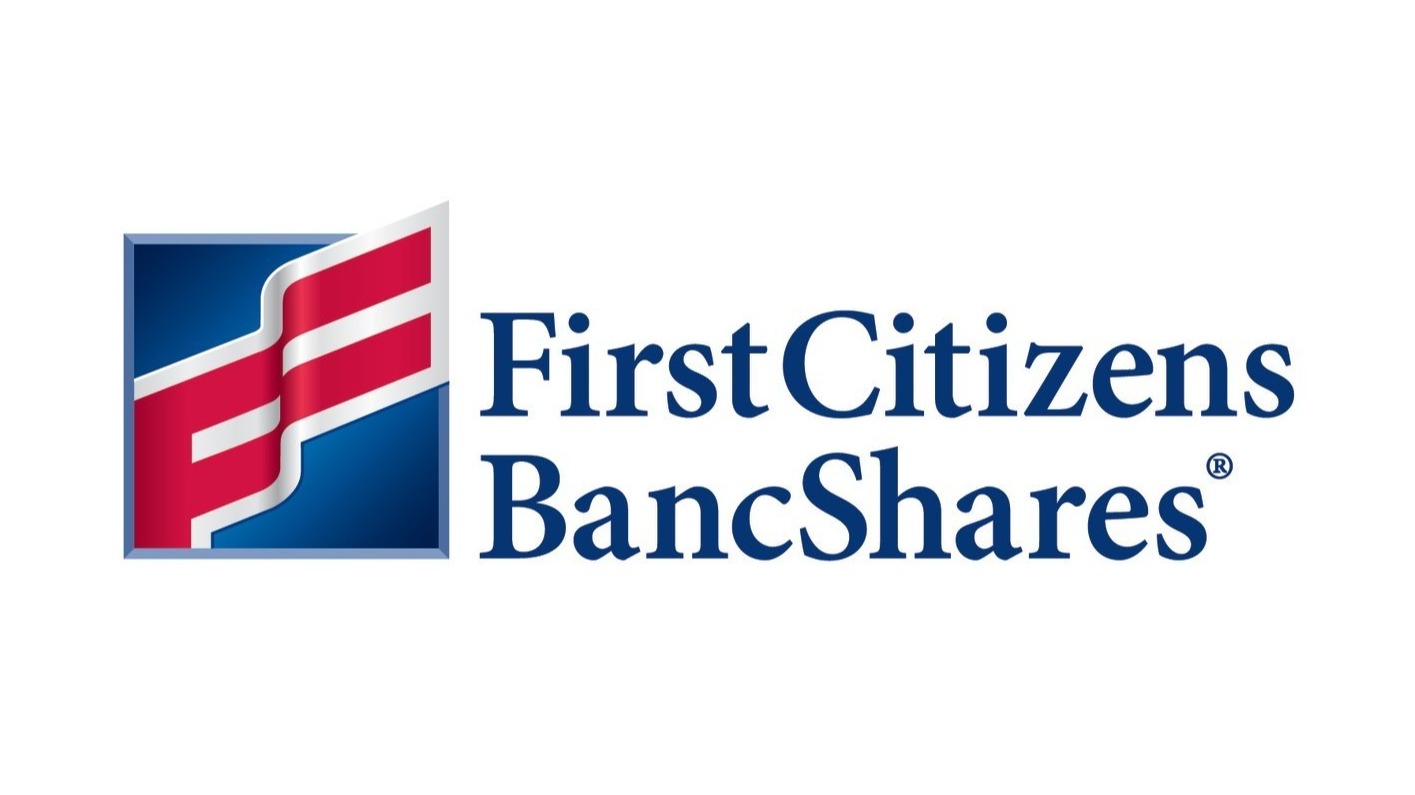The International Organization of Securities Commissions (IOSCO) has revealed the first set of global standards for regulating cryptocurrencies.
While there have been calls for crypto regulation over the past several years, advocates for greater consumer protection saw their case strengthened following the collapse of the FTX exchange in November 2022 caused by a liquidity crisis.
On Tuesday, IOSCO issued for consultation detailed recommendations to lawmakers across the globe as to how to regulate crypto assets. The body is an umbrella group of regulators which includes the US Securities and Exchange Commission, Japan's Financial Services Agency, Britain's Financial Conduct Authority and Germany's BaFin.
These cover six key areas: conflicts of interest arising from vertical integration of activities and functions; market manipulation, insider trading and fraud; cross-border risks and regulatory cooperation; custody and client asset protection; operational and technological risk; and retail access, suitability, and distribution.
Currently, the crypto industry typically only has to deal with anti-money laundering checks, with different jurisdictions following their own rules.
The watchdog said that it aims to finalise the standards by the end of the year, and that it expects its 130 members to use them to complement their own rules in an effort to eliminate fragmented regulation and the ability for businesses in the industry to play regulators off against one another.
Commenting on the launch, Jean-Paul Servais, chairperson of IOSCO, said: “As the G7 Finance Ministers and Central Bank communiqué of 13 May has once again reminded us, the time has come to put an end to the regulatory uncertainty that characterises crypto activities.
“Today’s consultation paper received unanimous support from the IOSCO Board and is the outcome of an intense period of regulatory risk analysis, information sharing and capacity building. As such, it will mark a turning point in addressing the very clear and proximate risks to investor protection and market integrity risks.”
LIM Tuang Lee, chairperson of the IOSCO Board-Level Fintech Task Force, set up to develop the policy recommendations, added that the recommendations “set expectations and guardrails to regulate and supervise crypto-asset markets, which are inherently cross-border in nature,” and that “crypto-asset service providers need to address unacceptable conflicts of interest and take far more seriously the right of clients to have their monies and assets carefully minded and accounted for.”
The news comes a week after the European Union revealed the world’s first set of comprehensive rules for crypto. These rules, expected to be rolled out in 2024, will require firms that want to issue, trade and safeguard crypto assets, tokenised assets and stablecoins within the bloc to obtain a licence.
Latest News
-
Gemini to cut quarter of workforce and exit UK, EU and Australia as crypto slump forces retrenchment
-
Bank ABC’s mobile-only ila bank migrates to core banking platform
-
Visa launches platform to accelerate small business growth in US
-
NatWest to expand Accelerator programme to 50,000 members in 2026
-
BBVA joins European stablecoin coalition
-
eToro partners with Amundi to launch equity portfolio with exposure to ‘megatrends’
Creating value together: Strategic partnerships in the age of GCCs
As Global Capability Centres reshape the financial services landscape, one question stands out: how do leading banks balance in-house innovation with strategic partnerships to drive real transformation?
Data trust in the AI era: Building customer confidence through responsible banking
In the second episode of FStech’s three-part video podcast series sponsored by HCLTech, Sudip Lahiri, Executive Vice President & Head of Financial Services for Europe & UKI at HCLTech examines the critical relationship between data trust, transparency, and responsible AI implementation in financial services.
Banking's GenAI evolution: Beyond the hype, building the future
In the first episode of a three-part video podcast series sponsored by HCLTech, Sudip Lahiri, Executive Vice President & Head of Financial Services for Europe & UKI at HCLTech explores how financial institutions can navigate the transformative potential of Generative AI while building lasting foundations for innovation.
Beyond compliance: Building unshakeable operational resilience in financial services
In today's rapidly evolving financial landscape, operational resilience has become a critical focus for institutions worldwide. As regulatory requirements grow more complex and cyber threats, particularly ransomware, become increasingly sophisticated, financial services providers must adapt and strengthen their defences. The intersection of compliance, technology, and security presents both challenges and opportunities.
© 2019 Perspective Publishing Privacy & Cookies




.jpg)








Recent Stories